E-commerce Marketing is the method to increase sales through creating awareness and promoting the products offered by an online store and the brand. The same strategies used in conventional marketing could be utilized to market e-commerce in the digital world since it helps businesses gain benefits from that buying. A marketplace online is bustling, and it's growing in its popularity. Ecommerce marketing is an excellent opportunity for companies and stores to harness that increasing potential by creating advertisements that lead customers to an online shop. Ecommerce marketers can use digital content as well as websites that use social media, Google, and email campaigns to draw customers and encourage purchases on the internet. Estores should make use of all the above channels to market their products across all channels and expand the business. Utilizing different platforms to advertise opens the consumers to a whole new set of buying opportunities and makes them familiar with your brand while also promoting your brand. Overall, ecommerce marketing on websites is usually seen as a win-win for everyone.
Different types of E-Commerce Business Models
Let's examine the four different types of business models for e-commerce in a succinct manner:
- B2C: Business to Customer (B2C) in B2C, the B2C company model, a company offers its products directly to consumers. Online retailers build their business operations on this model.
- Businesses to Business (B2B) The business is able to offer its products to other businesses under the B2B model of business. Businesses that provide B2B SaaS (Software as a Service) products or sell their products in bulk follow the B2B model.
- The Consumer To Consumer (C2C) C2C: In this model, the transaction is between two consumers. A person selling their used products to another consumer is an illustration of the C2C model.
- C2B: Consumer-to-Business (C2B) C2B online commerce occurs when a customer brings value to a business. Online portals that offer
- The freelance service is an illustration of the C2B business model.
What is the definition of an E-Commerce Platform?
An e-commerce platform can be described as application software that allows businesses to establish as well as manage their online stores. It is equipped with all the tools to promote and sell the items. Business owners are also able to monitor the performance of their stores and manage inventory, establish prices for products, and launch promotions. Similar to any other enterprise software, it is possible for an e-commerce platform to be cloud or on-premise, or cloud-based. The majority of small businesses prefer cloud-based e-commerce platforms since the initial investment is irresponsible, and they are able to have the flexibility to scale up or reduce the use of the platform without making significant modifications to their business.
Ecommerce Marketing Strategy
After you've learned the basics of marketing for e-commerce, let's take it all in and go over some strategies to create a winning marketing strategy that will benefit your business online.
Establish goals based on industry benchmarks.
Based on the industry you work in, your location, the size of your business, and many other variables, there are specific criteria you can utilize to evaluate your goals. These standards are considered industry benchmarks. Think about goals such as visits to your website as well as click-through rate as well as conversion rates, and the cost of acquisition for customers, and then compare these with other businesses within your field.
Reduce your strategy down into smaller tactics.
When you're putting together a strategy for an advertising strategy for your website, there's a variety of options to follow; listed several of them in the previous paragraphs. It's tempting to try and follow each one of them, but it's an assured way of not succeeding in any one of them. We recommend focusing on a few important strategies that you believe will provide the highest ROI and that are most easily accessible to you and developing specific actions for each. As an example, suppose you decide to concentrate on the use of paid strategies to bring people to your store. Some of your actions things to do is establish an account on Google Ads account, figure out the amount you spend on ads, set up an ad group with the keywords you want to target, and then monitor your account every day. This might sound like a simplified approach, but that's the way it's. Don't be lost in the pursuit of every "great ecommerce strategy" without doing the right thing and letting it perform for you.
Make sure you delight your long-term and new customers.
It's not over once the sale has been made. When a customer becomes yours, You must be sure to keep them engaged and nurturing and make them feel special. In this way, you'll contribute to the long-term success of your customers, which can, in turn, increase loyalty. Your customers will also desire to share their good experiences with their leads and the members of your target audience via reviews, cause studies, testimonials, reviews, and word-of-mouth.
Top Ecommerce Companies
To know what distinguishes an ecommerce firm from any site with an online shopping cart, there exists a listing of the most popular Internet sellers that qualify as e-commerce websites. Ecommerce marketing is useful since it permits users who already are a part of these sites to take part in new opportunities to shop. Examples of the most popular e-commerce websites are:
- Amazon, Inc. Amazon, Inc. was founded on the 14th of April 1994 in Seattle 1994 by Jeff Bezos; Amazon, since then, has grown into an established name in online shopping. Amazon today boasts the largest earnings in the world; however, its humble beginnings.
- Jingdong - This store operates in Beijing and is believed to be the initial of three important Chinese businesses. It was snubbed by the famous firm Alibaba Alibaba; Jingdong obtained over one-quarter of a million registered users up to the end of the year 2018. Jingdong was founded in 1998 and launched trading online six years after. Today, the company thrives by utilizing its cutting-edge delivery system that consists of robots, AI, as well as drones.
- Alibaba Group Holding LTD. -- Jack Ma, having been turned down by more than 30 different job opportunities in the early 1990s, began to create websites for businesses along with his wife and friend. The company grew exponentially, and by the year 1999, Alibaba Group was established as the largest retail company in the world today, with a presence in over 200 countries.
- eBay Inc. - It is among the first dot-com bubble-friendly companies to pioneer the concept of online shopping. The company was founded in the city of San Jose, California, in 1995. Its most distinctive feature is its auction feature on its website, which is in addition to buying-it-now as a traditional option.
- Rakuten Inc. Rakuten Inc. is a Japanese online retailer that was founded in 1997. They are Japan's biggest online bank and also offers online shopping and credit card payments.
- B2W Companhia Digital - It is a Brazilian business that is based in Brazil. B2W Companhia Digital owns a market share of 50 percent. It was founded at the end of 2006 and has become extremely competitive, as it has a number of online e-commerce sites.
- Zalando was the very first European company to have its headquarters located in Berlin. It is comprised of online stores which sell fashionable items such as clothing and footwear.
- Groupon The Groupon American online marketplace, which was established with the founding of Chicago in 2008 and has since redesigned the concept of group discount on online shopping. It connects its customers to local businesses in any one of over 500 cities around the world.
Wholesale or retail businesses are likely to consider the ecommerce market as a primary method to attract their targeted audience. This kind of strategy helps to increase Internet business competitiveness and international impact.
Marketing campaigns for eCommerce
In the realm of eCommerce marketing, there are plenty of stories to tell. There are a small number of brands that are able to claim to be the creators of stories behind effective marketing campaigns. An illustration of this is the tech giant Apple. In its consistent marketing strategy, Apple has built for its own a loyal group of advocates through a seamless, end-to-end customer experience, clear and well-functioning websites, youth programming where youngsters learn to code, and many more. The organization itself is also structured with rigor to ensure that there is no mishap. Marketing or sales staff are planned according to the type of customer rather than the product because students use the Mac Book Pro in a totally different manner than it comes with an SME. In the same vein, Indian eCommerce businesses like StalkBuyLove have selected influential people to promote their products. They have also created collections with the help of their influencers like Spoyl. Numerous brands, following the footsteps of ASOS, have taken the step of uploading user-generated content such as videos and photos on blogs and social media as part of their bigger eCommerce campaigns. This not only creates confidence in prospective buyers but also inspires users to create more content and create a greater conversation about the brand. A word of caution is that eCommerce marketing is a vast and sometimes confusing field of marketing. Knowing the basics of eCommerce marketing term is the very first and most crucial step to creating a plan to implement and implement on an eCommerce business.
Methodology for marketing eCommerce
There isn't a single eCommerce marketing plan that works for all eCommerce channels. Hence the method you choose to use will likely be a mixture of the most effective strategies that will ensure you a high return on investment, improved sales conversions, or whatever you're trying to achieve. There are many eCommerce marketing methods to choose from, including:
Content marketing
This is basically creating written content, images, information graphics, videos, and similar content to connect with consumers across various platforms such as websites and other social platforms in order to increase leads and conversions in establishing a dialogue about your company's image. Although the cost is minimal, the time required for strategies that use content marketing to yield results is lengthy, and it can be a bit stressful. Yet, it's an extremely crucial strategy available.
Email marketing:
By doing this, you are able to send out emails to potential customers via their inboxes with information or discounts which they may be interested in. An effective email marketing strategy always prompts readers to click the call-to-action link and connect with your company platform. It is also an essential part of other skills in ecommerce.
SEO and Pay-per-Click advertising:
While the other strategies require some time and effort to yield results, PPC Advertising is often more efficient but not the best choice for those who are just beginning their journey. The method involves paying for targeted ads for the target audience, which means that for every click for your link on your website, the cost is paid to the hosting company of the search engine. SEO is more organic - it requires you to add the keywords that are most popular and relevant to your site's content, which makes it more likely to be found in search engines when relevant searches.




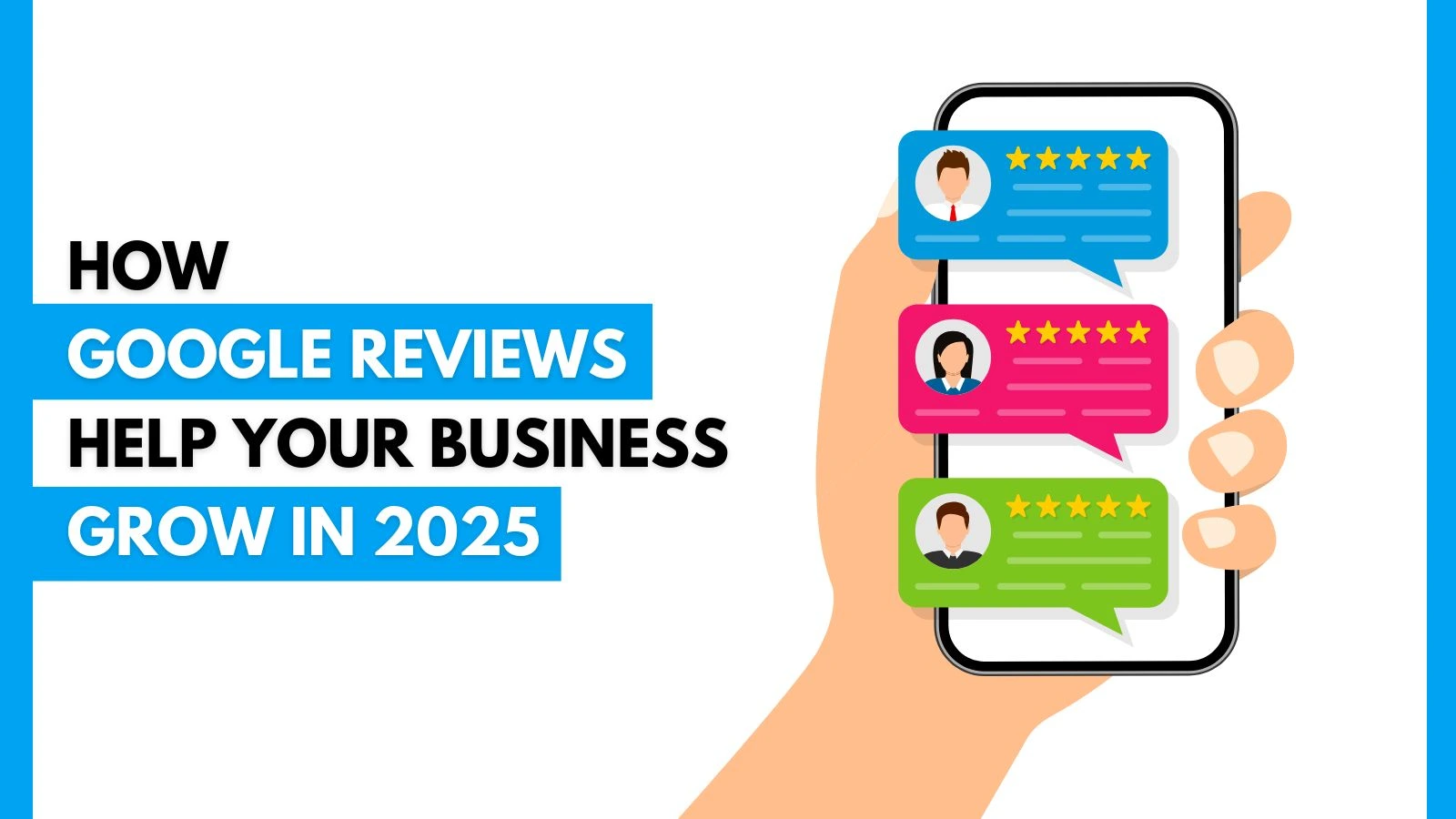

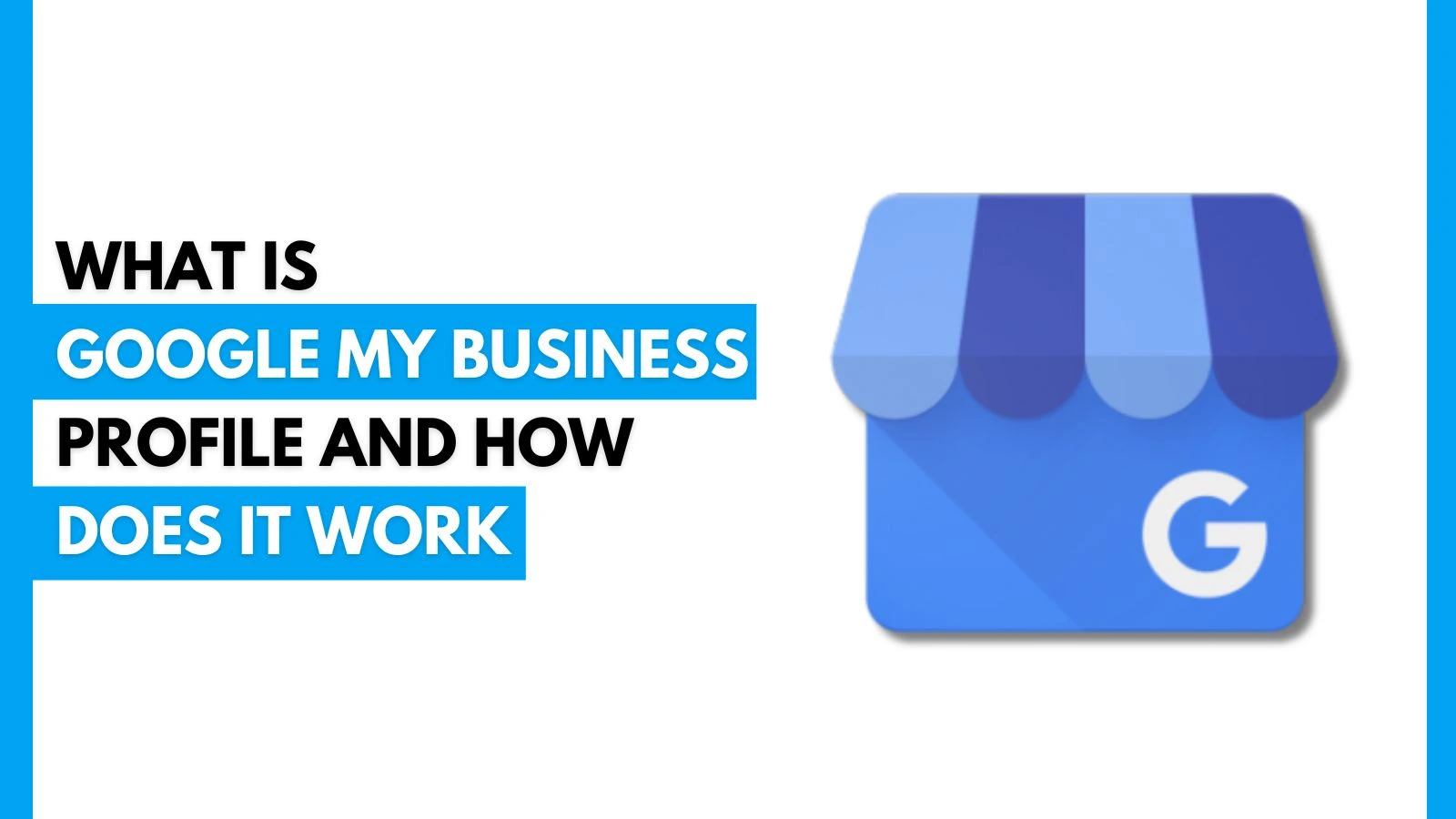
.webp)
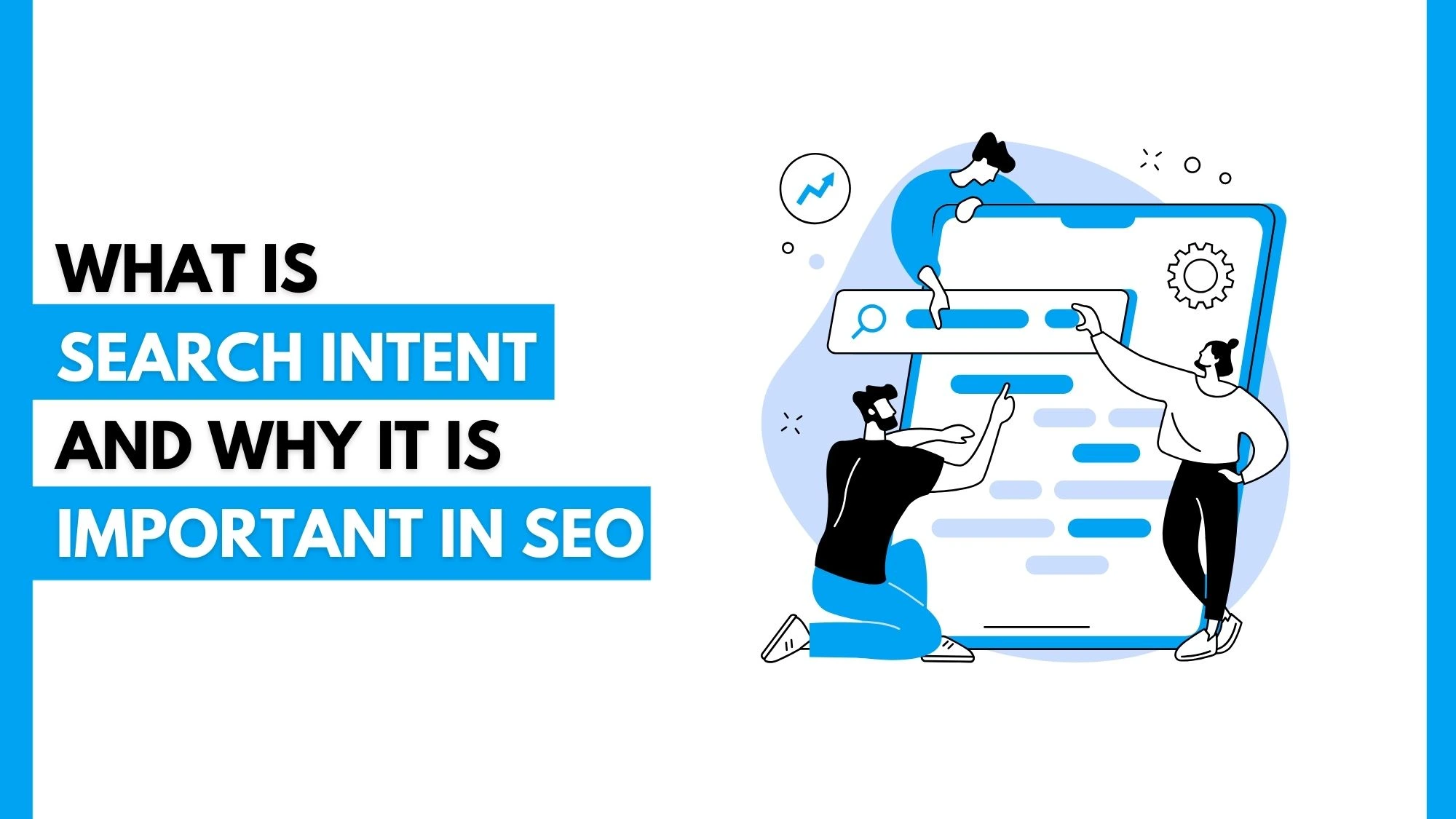
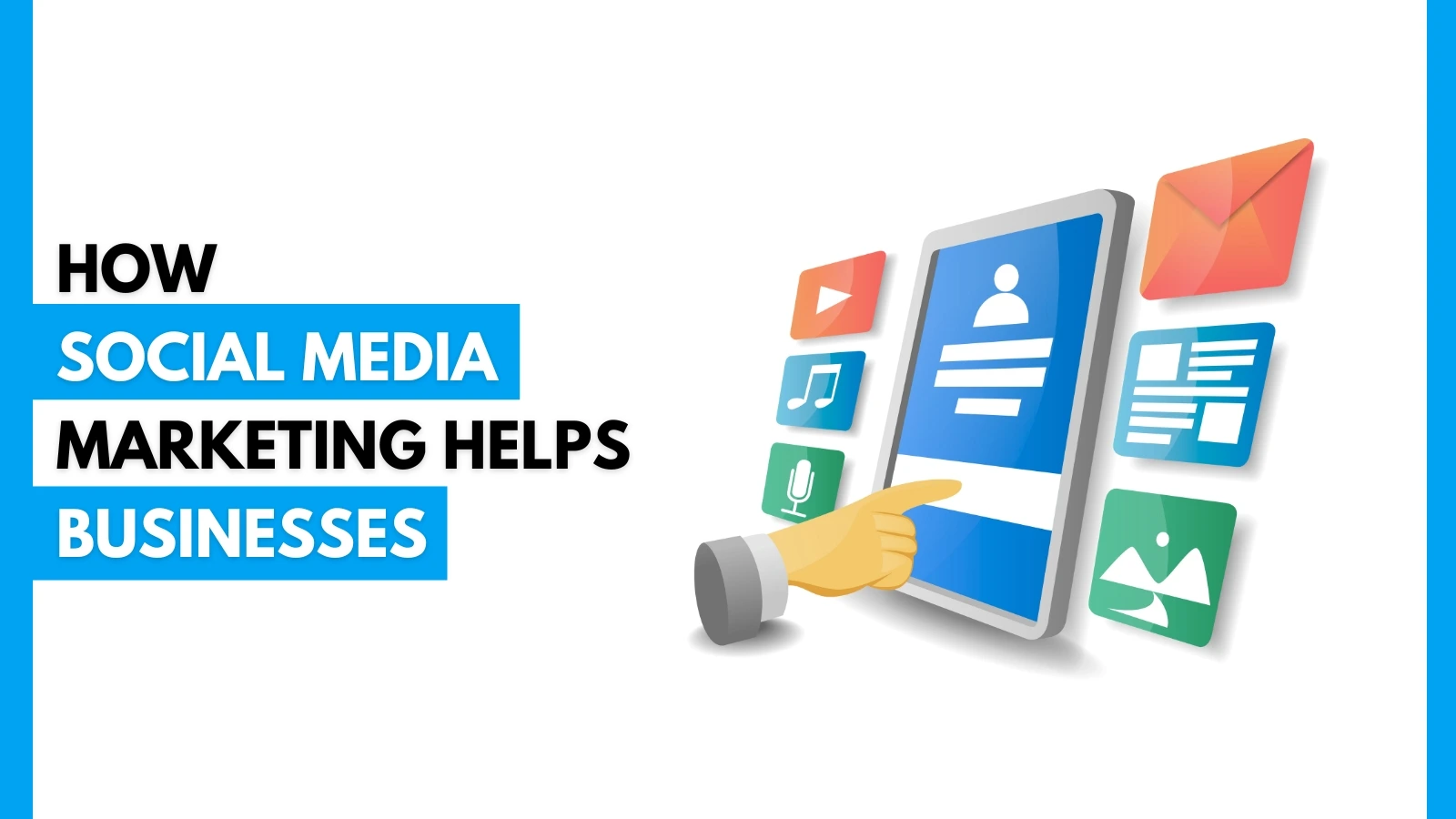
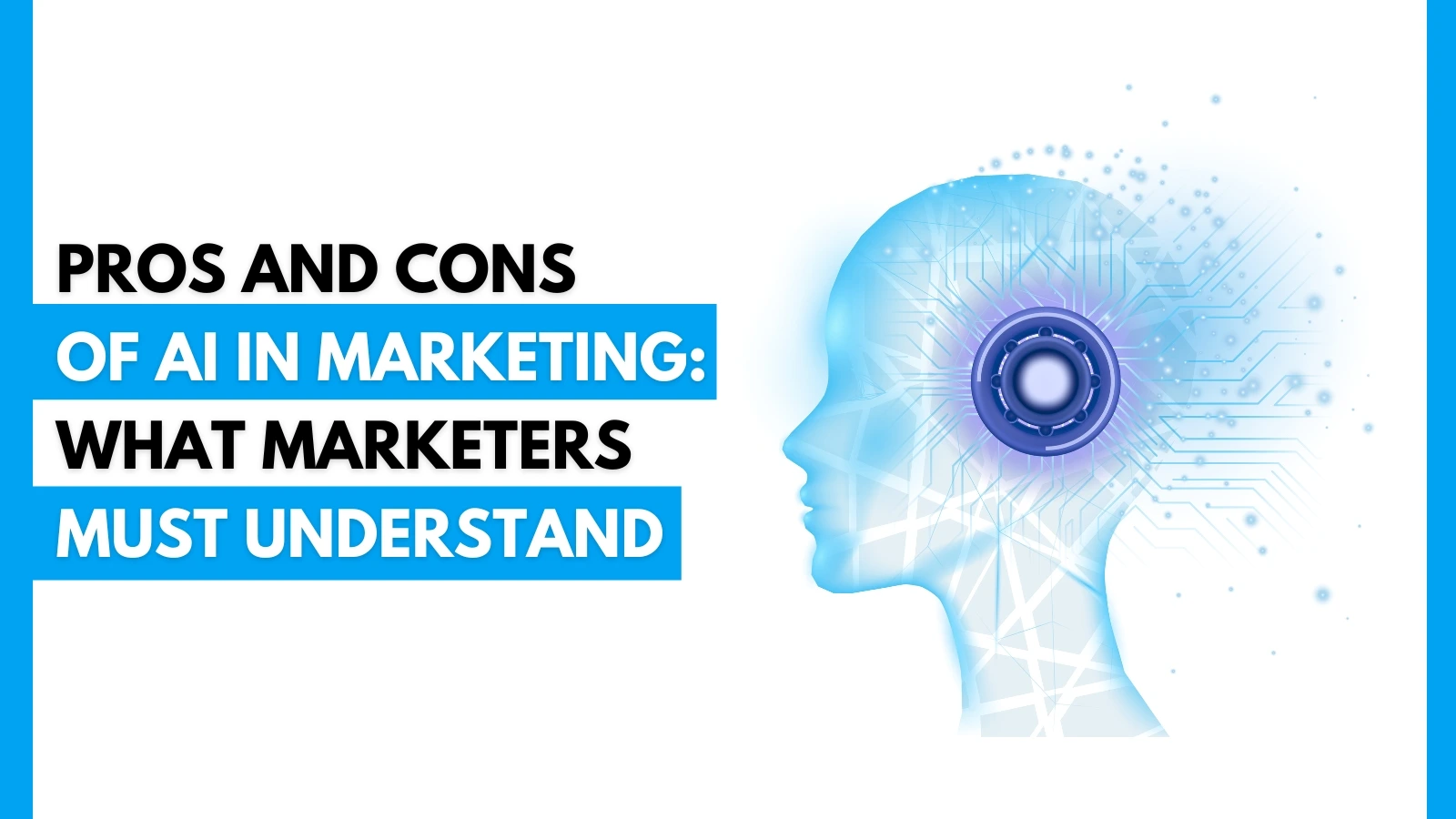
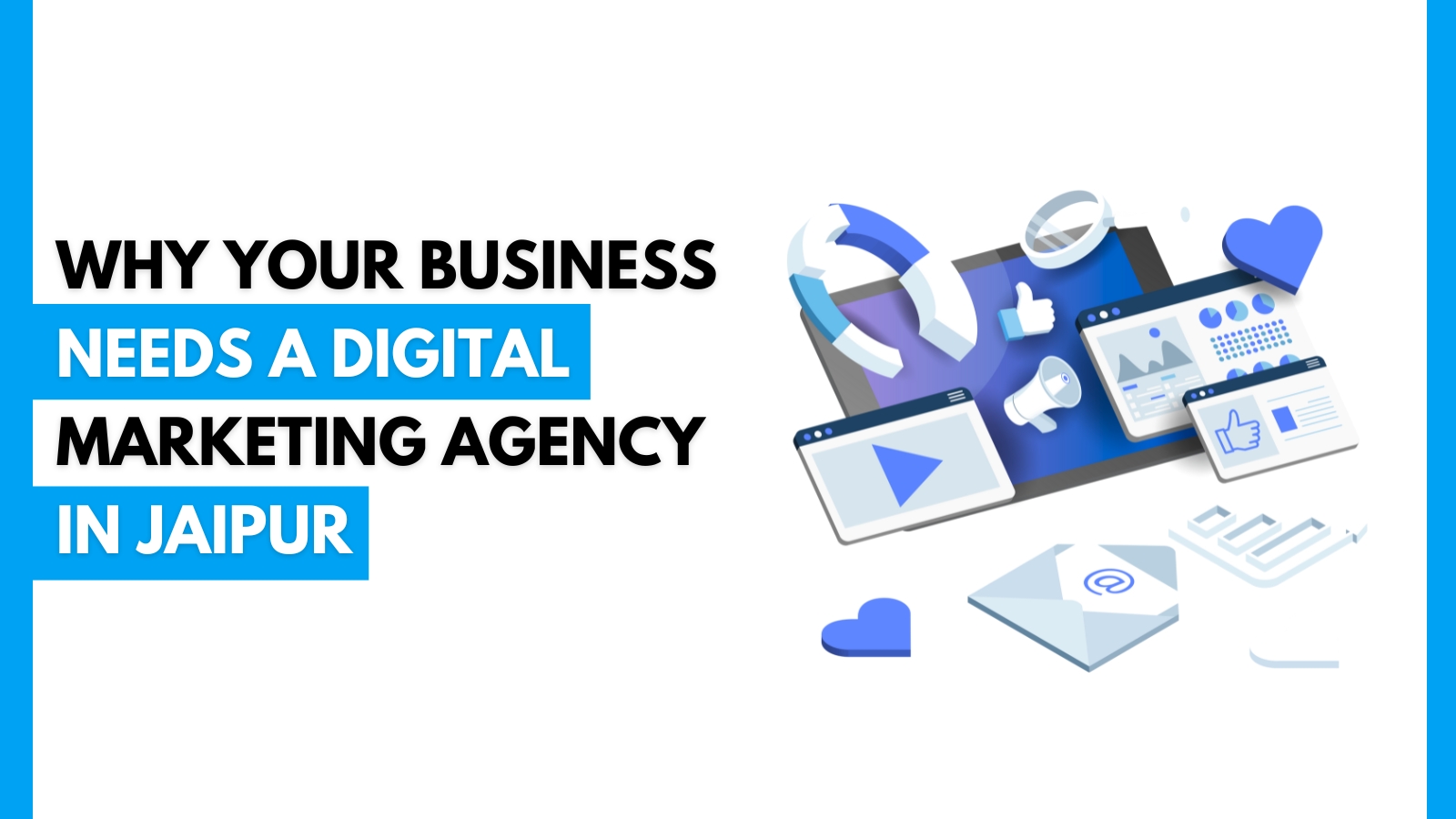
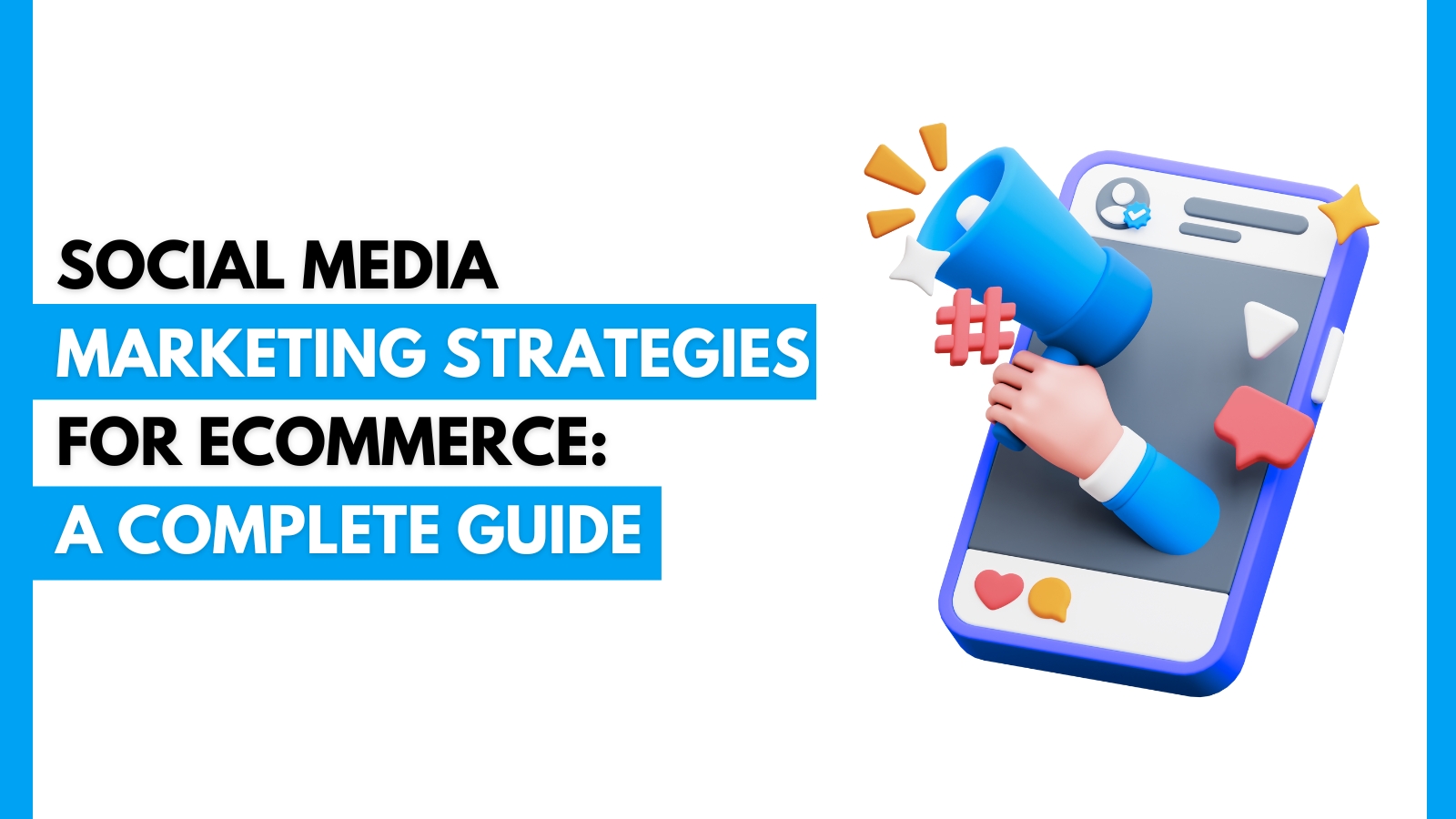

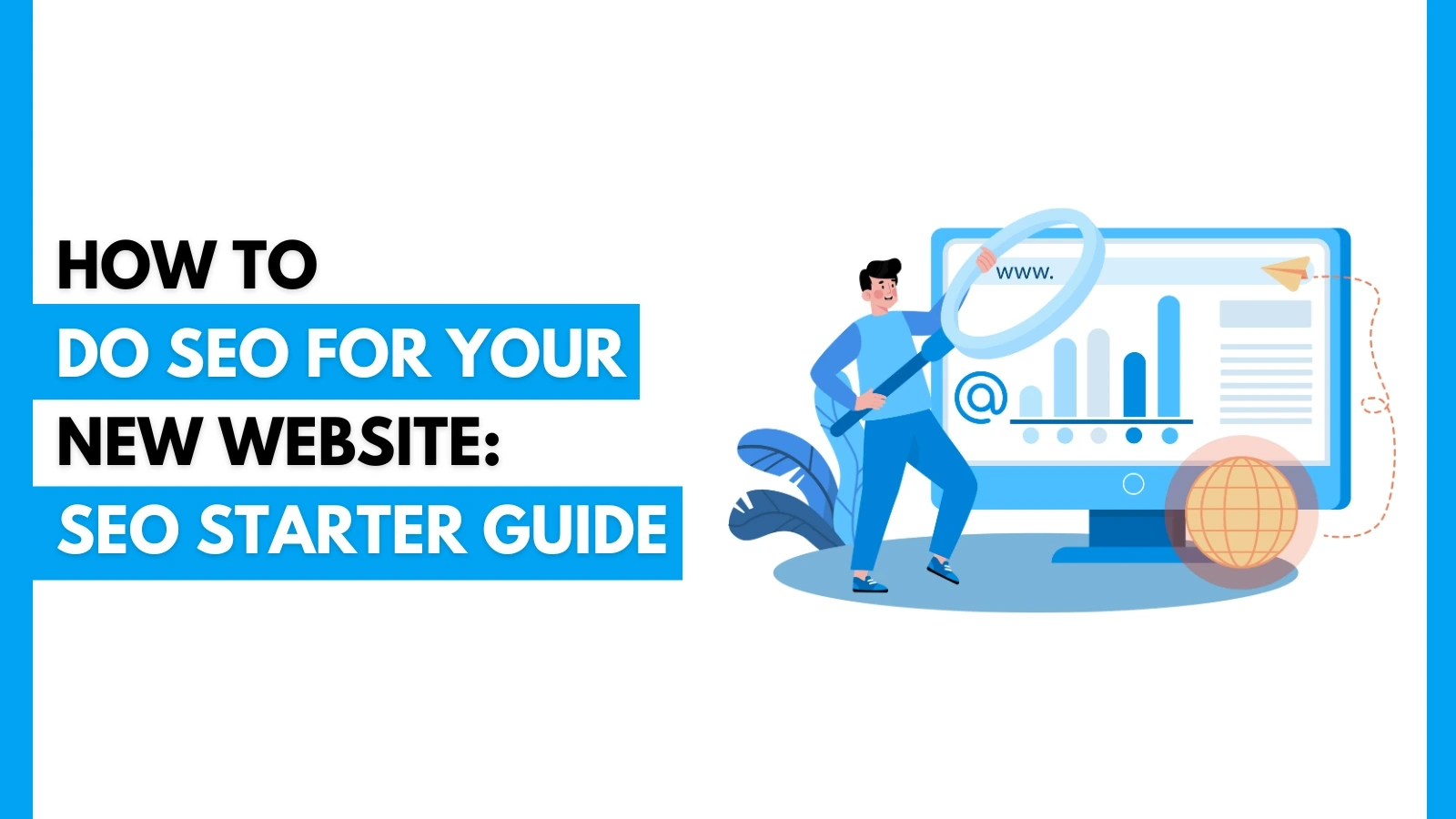
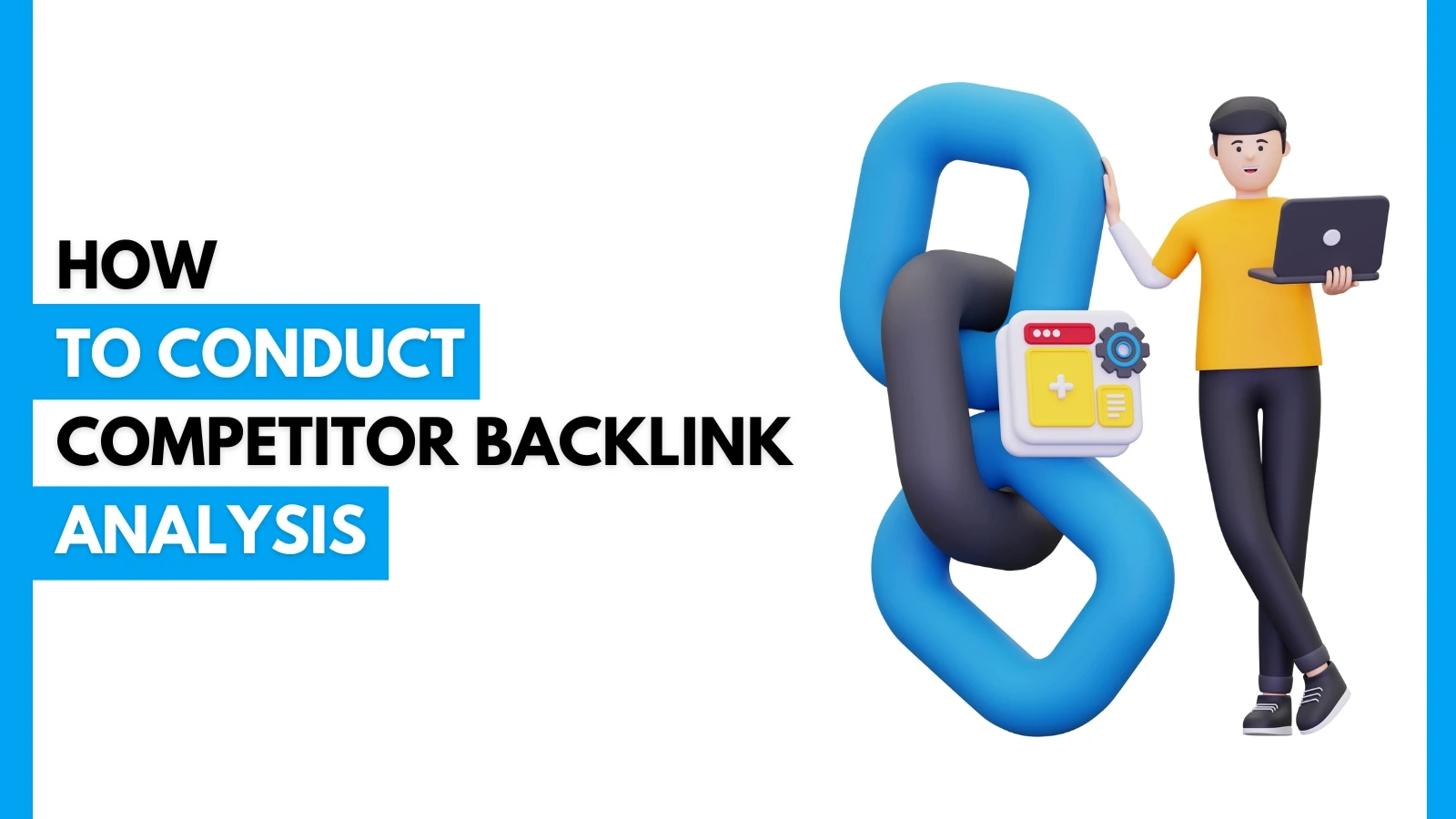


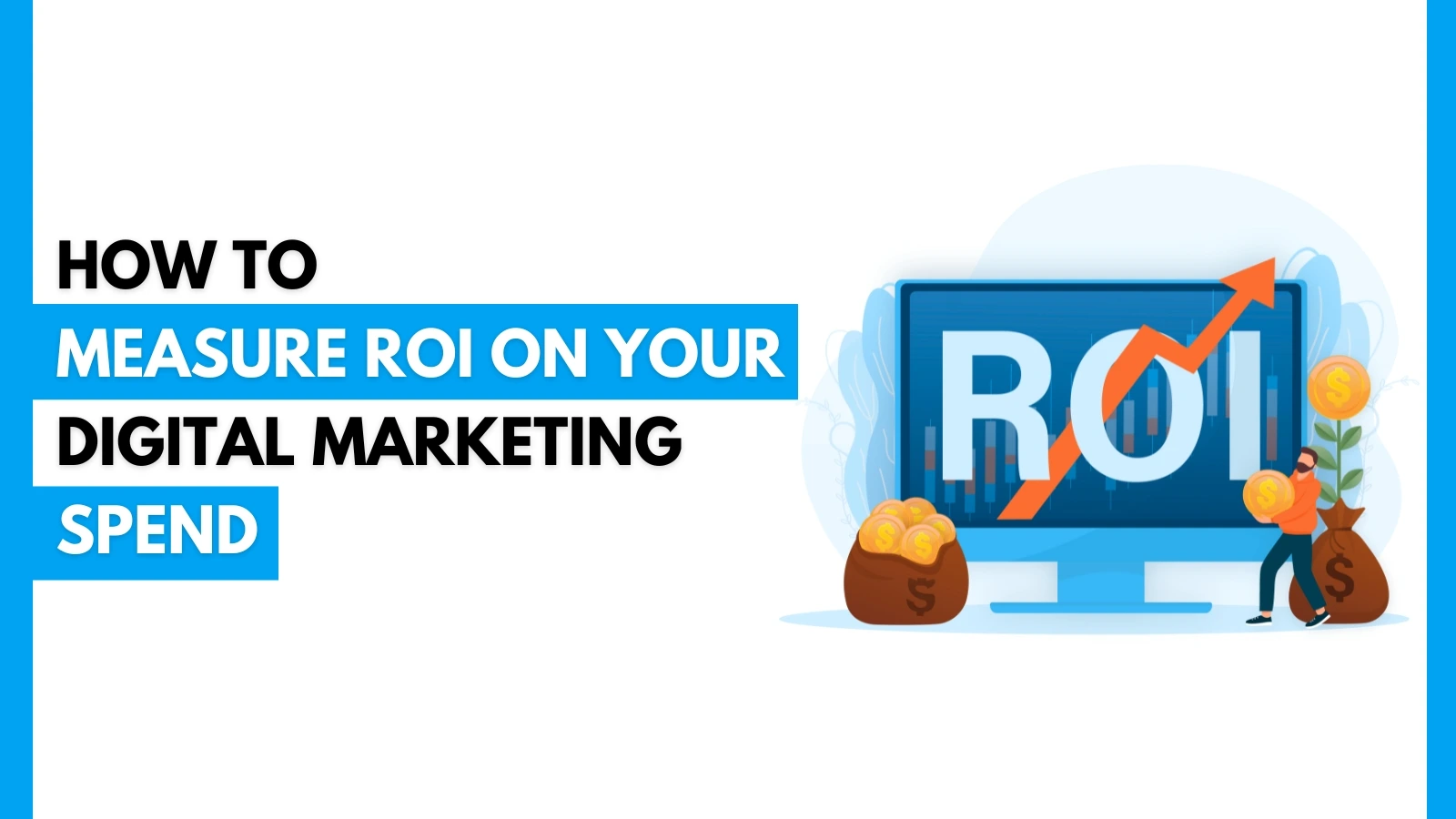
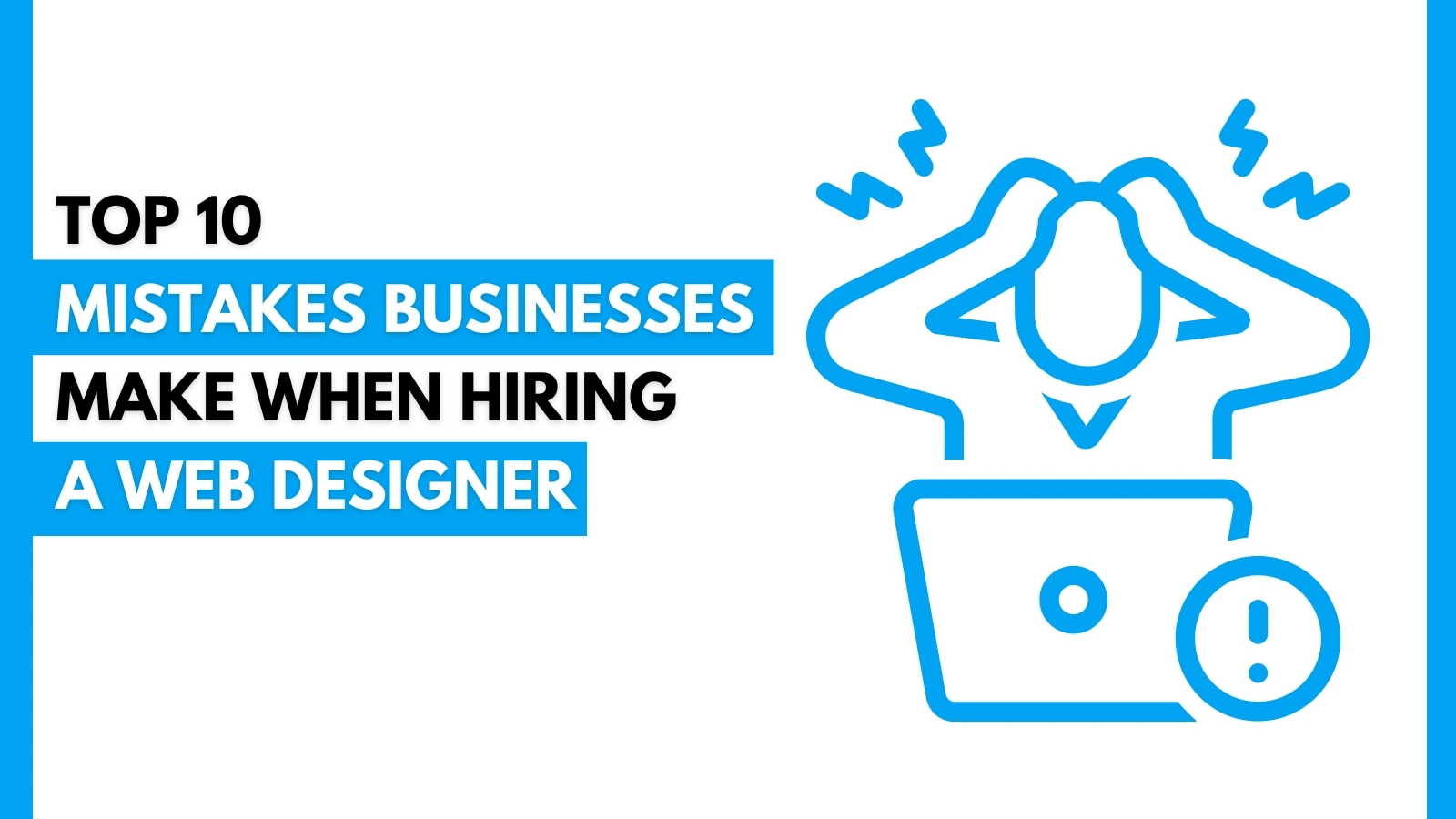
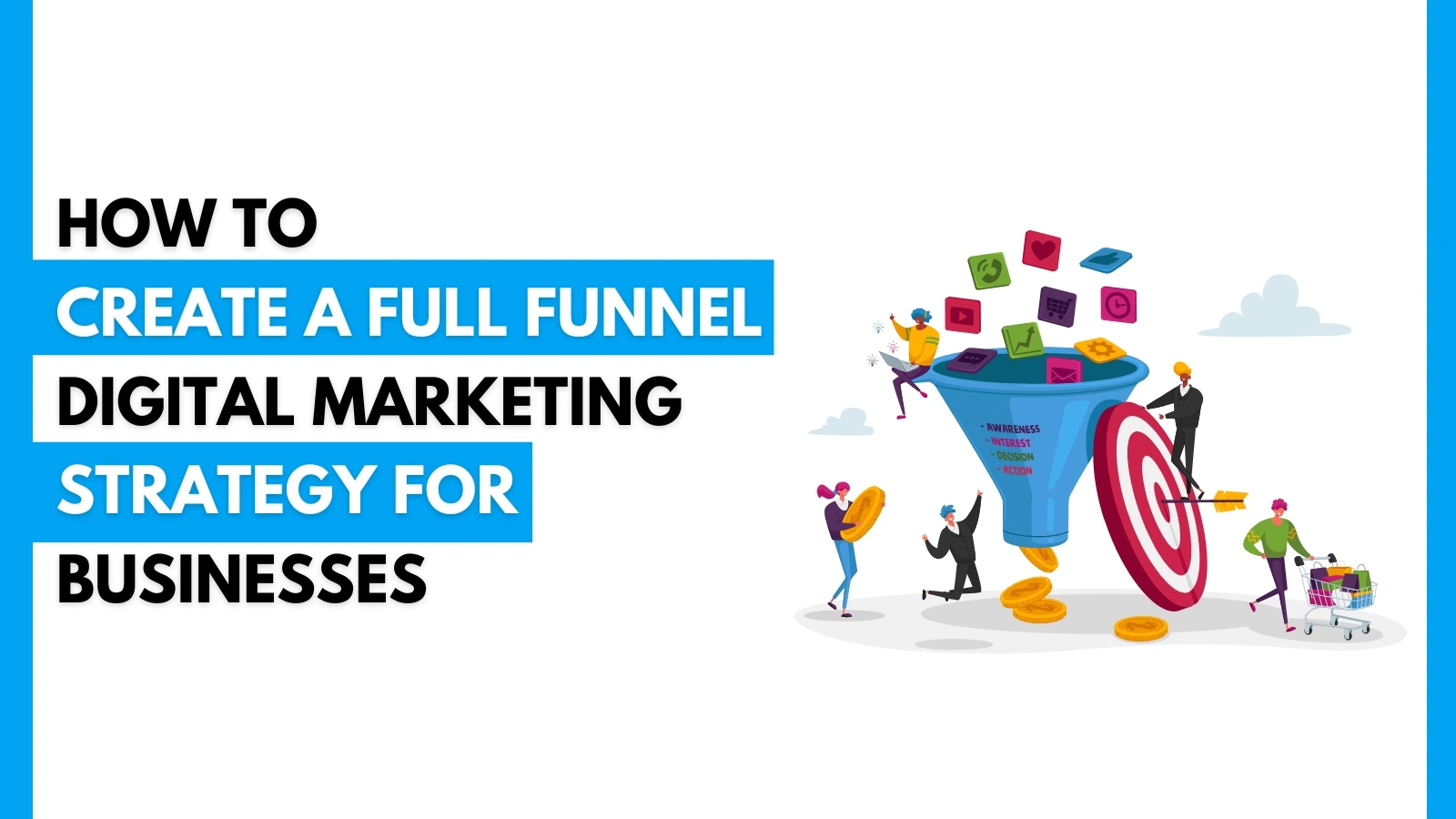
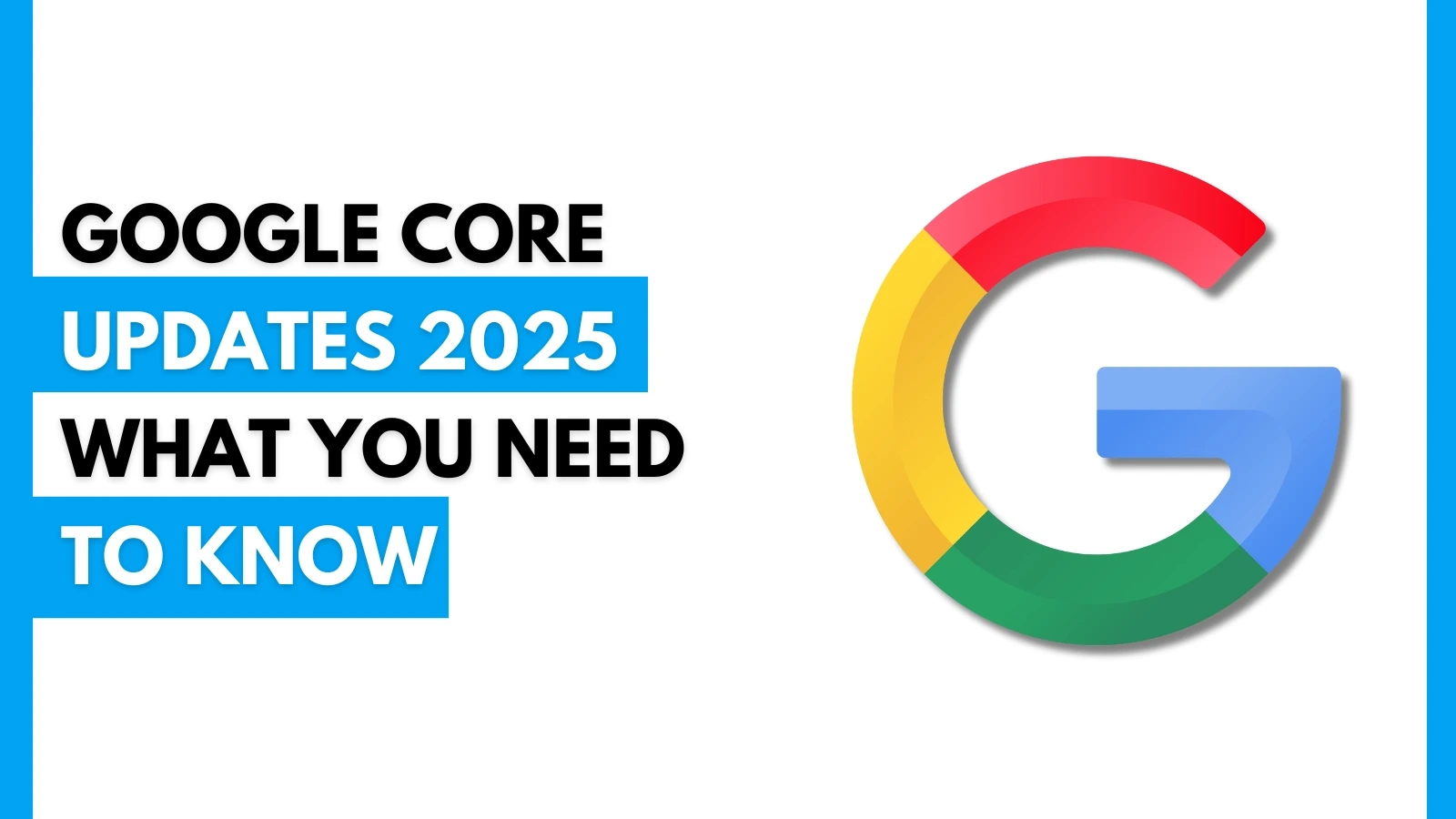
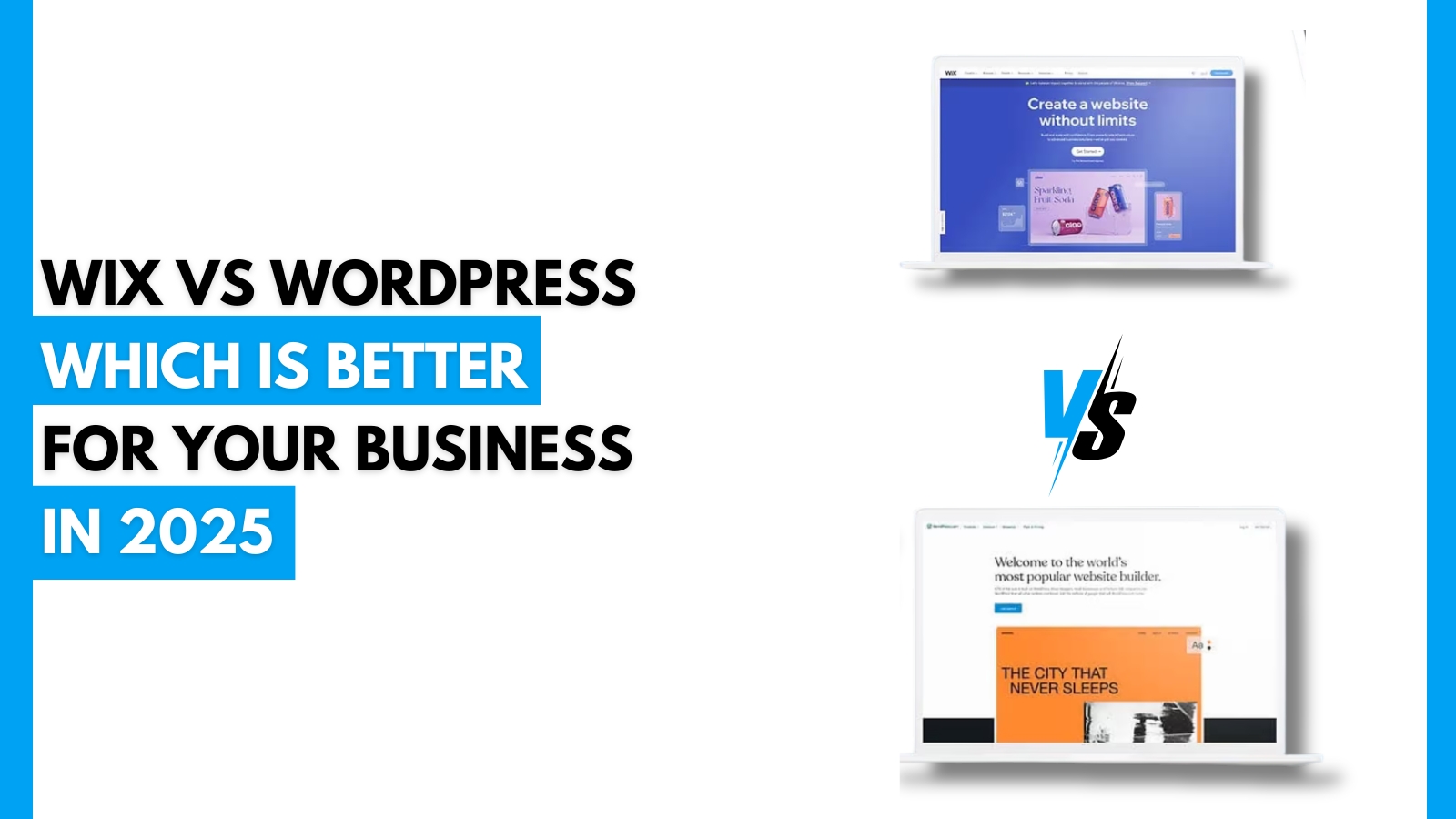




.webp)






















 A Complete Guide.webp)











































.jpg)










 Efficiently.jpg)
.jpg)
























.jpg)
.jpg)
























.jpg)


















.jpg)
.jpg)




























.webp)





.jpg)


















 Campaign.jpg)




.jpg)

.jpg)

.png)



.jpg)



.jpg)
.jpg)
.jpg)



.jpg)








.png)
.jpg)




.jpg)

.jpg)
.jpg)


.jpg)


.jpg)



.jpg)





















.jpg)














.png)





















.jpg)





.png)

.png)



.png)

.png)
.png)



.png)
.png)
.png)
.png)
.png)

.png)
.png)
.png)
.png)
.png)
.png)
.png)
.png)
.png)
.png)
.png)

.png)
.png)
.png)
.png)
.png)
.png)
.png)
.png)
.png)



.png)
.png)
.png)

.png)
.png)
.png)
.png)
.png)
.png)
.png)
.png)
.png)
.png)
.png)
.png)
.png)
.png)
.png)
.png)
.png)
.png)
.png)
.png)
.png)
.png)
.png)
.png)
.png)
.png)
.png)
.png)
.png)
.png)
.png)


.png)
.png)

.png)
.png)
.png)
.png)
.png)
.png)
.png)
.png)
.png)
.png)
.png)
.png)
.png)
.png)
.png)
.png)
.png)
.png)
.png)
.png)

.png)
.png)
.png)

.png)
.png)
.png)
 (1).png)
.png)
.png)
.png)
.png)
.png)
.png)
.png)
.png)

.png)

.png)
.png)
.png)
.png)
.png)
.png)
.png)

.png)
.png)
.png)
.png)
.png)
.png)
.png)
.png)
.png)
.png)
.png)
.png)
.png)
.png)
.png)
.png)


.png)
.png)
.png)
.png)
.png)
.png)
.png)

.png)
.png)
.png)
.png)
.png)
.png)
.png)
.png)
.png)

.png)
.png)

.png)
.png)
.png)

.png)
.png)
.png)

.png)
.png)
.png)
.png)
.png)
.png)
.png)
.png)
.png)
.png)
.png)
.png)
.png)
.png)
.png)
.png)
.png)
.png)
.png)